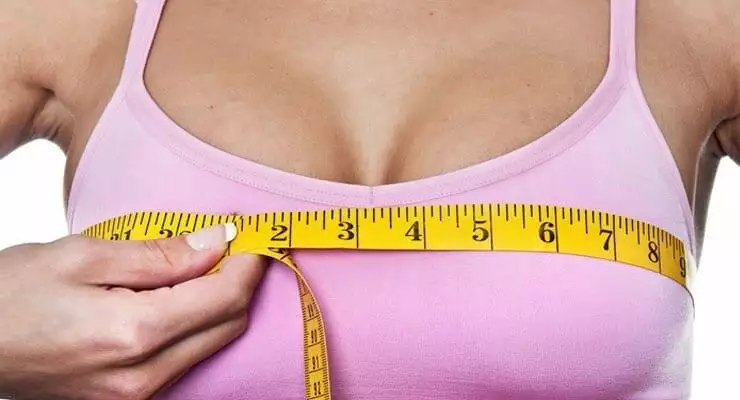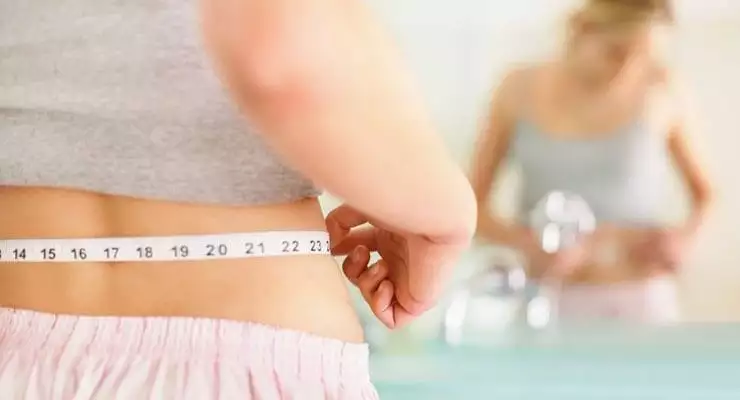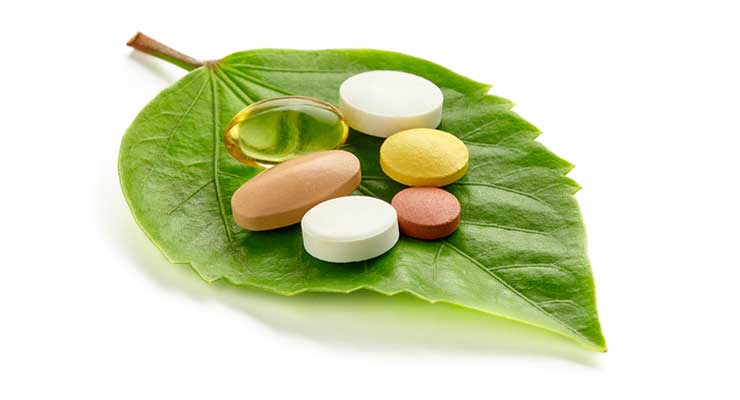Search Results for: efficacy
Are Breast Enlargement Pills Dangerous?
Breast enlargement pills promise that you can go up a cup or two the natural way, with some marketers claiming that it only takes a month or two to notice pronounced results. But natural breast enhancement supplements, which contain a cocktail of herbs and other botanicals, may not be as safe as you think, says the U.S. Food and Drug Administration. Moreover, they’re not likely to give you the eye-popping results you so desire.
Does the Ortho Evra Patch Make You Gain Weight?
Ortho Evra is a transdermal hormonal patch that provides reliable contraception. Like most other hormonal contraceptives, the patch uses a combination of estrogen and progesterone. The patch does deliver a much higher dose of estrogen than most pills available today. As a result, it has a somewhat higher risk of weight gain than other alternatives, according to the Women’s Health Resource website.
Side Effects of Herbal Breast Enhancement Pills
Thanks to author Judy Blume and her coming-of-age book, “Are You There God? It’s Me, Margaret,” many teen girls grew up chanting, “We must, we must, we must increase our bust!” Women with big chests are often the envy of those stuck in an A-cup. In frustration, small-breasted sisters will go to great lengths for a well-endowed chest, including herbal breast enhancement pills. Unfortunately, these pills can have adverse side effects that might not be worth the bigger bra.
Exclusive Interview With Jennifer Garner
Who doesn’t love Jennifer Garner? The fresh-faced beauty from West Virginia is an incredibly talented actress who defies typecasting. She was as convincing as an international assassin in “Elektra” as she was playing a gawky teenage girl trapped in an adult’s body in “13 Going On 30.” She’s also married to actor Ben Affleck, with two beautiful daughters and a third baby on the way.
Ovarian Aging and Infertility
The decrease in female fecundity beginning after the age of 30 and exaggerated after 40 is a well documented finding. This age-related decline in fertility is the result of several factors that contribute to overall reproductive failure. Women over 35 require a longer period to achieve conception than younger women, and a higher percentage of older women will never achieve pregnancy. In addition, the rate of early pregnancy wastage increases substantially during the 30s, and is over 50% after age 40.





